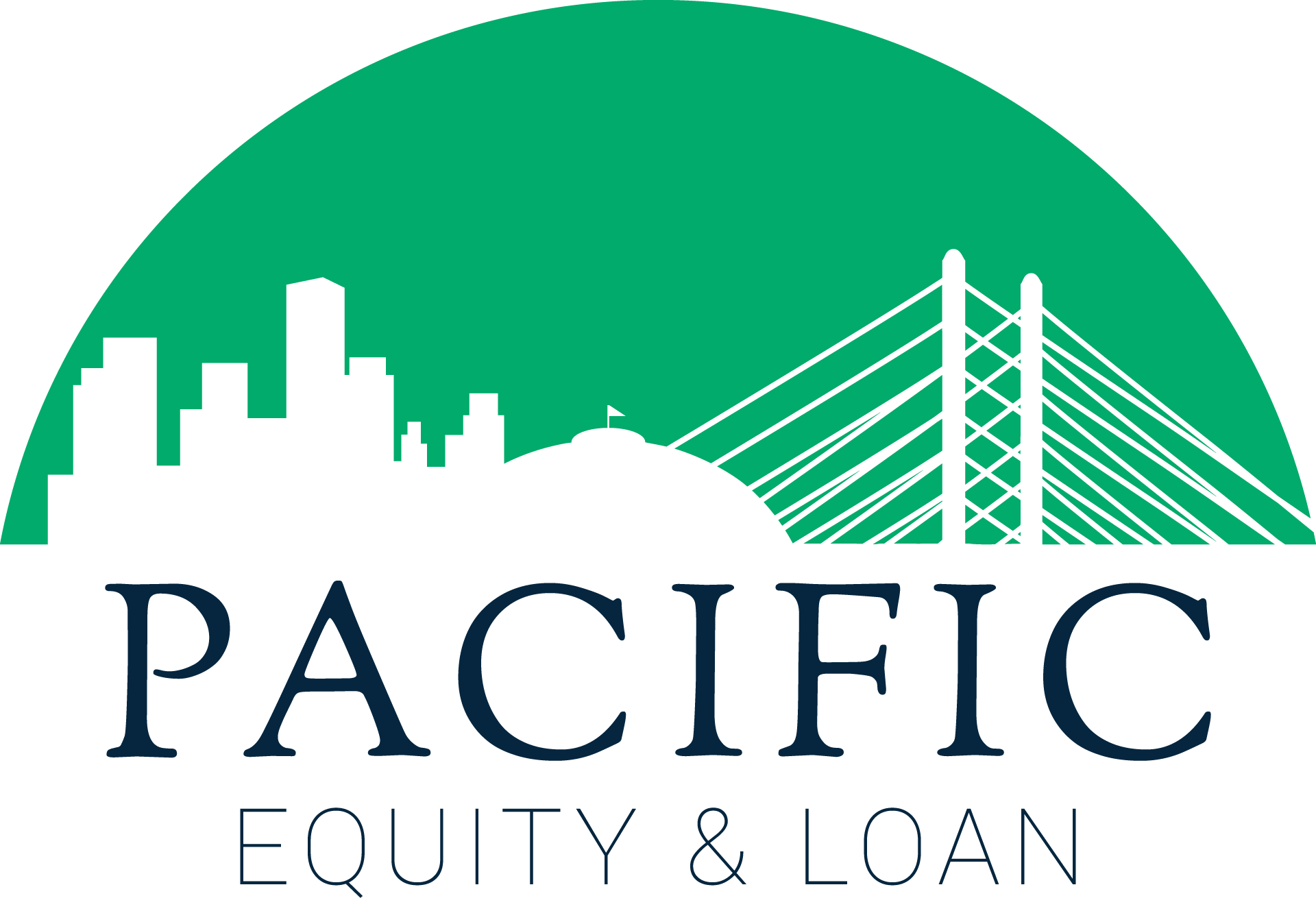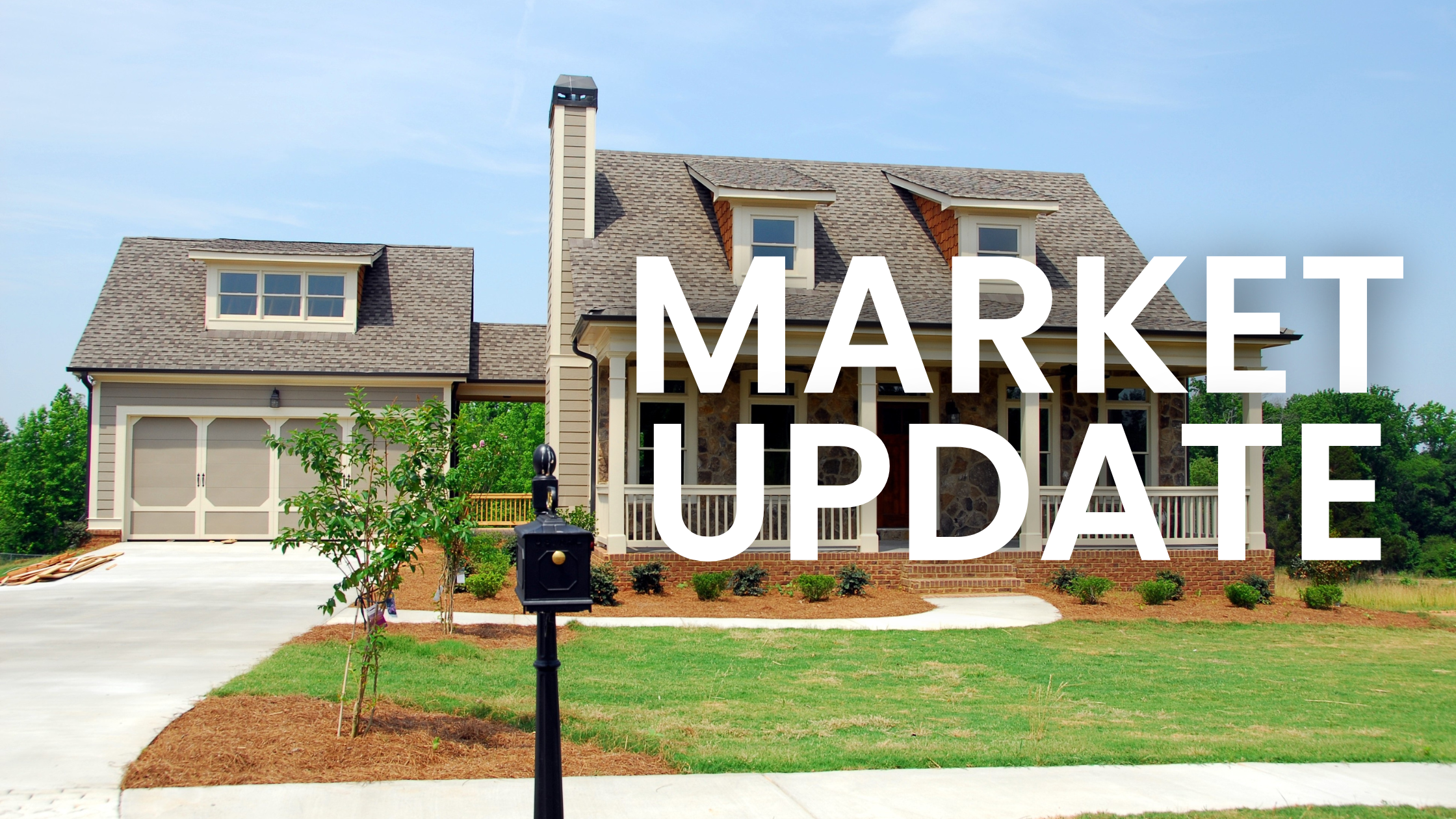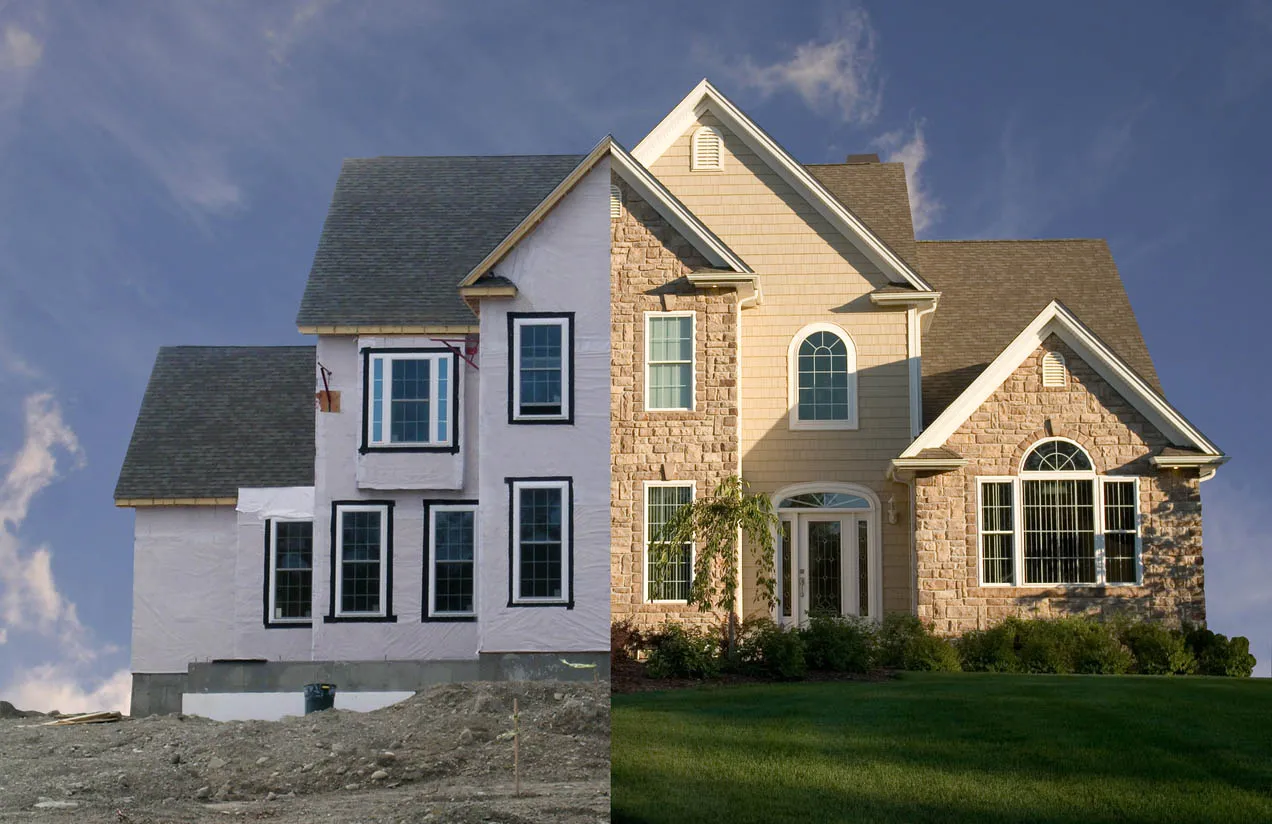Real estate investing is one of the most effective ways to accumulate wealth. There are several real estate exit strategies available in the real estate industry, each with its own standpoint and approach to things. Fix-and-flip, house hacking, BRRRR investing, REITs, buy-and-hold, and rental properties are all options for investing. Another real estate investment idea worth considering is selling wholesale properties.
Wholesaling is a low-risk approach for real estate investors to get their feet wet in the market. Investors do not need to invest a large sum of money, and profits are easy to come through. This is a topic that we will discuss in greater detail later on.

What is Real Estate Wholesaling?
When an individual, known as a “wholesaler,” buys a contract from a property seller and assigns it to an end buyer, this is known as real estate wholesaling. The wholesaler does not buy the property. Instead, the owner’s temporary contract gives them the authority to sell it for them. Wholesalers make money by charging a wholesale fee, which is usually a percentage of the total property cost.
End buyers are usually real estate rehabbers or other real estate investors who don’t want to spend time looking for bargains or haggling with sellers. Wholesalers make money by working as a middleman, assisting real estate investors in finding and closing agreements.
Wholesalers are usually looking for distressed or off-market properties. The existing owner no longer requires the property and is unwilling or unable to devote the time and effort necessary to prepare it for a normal sale. Instead, they pay a distributor to locate end buyers.
How Does Wholesaling Work?
Wholesaling real estate provides consistent income for investors who can spot properties that are being offered for less than market value, negotiate with the seller, and then assign the purchase contract to another buyer.
In every transaction, the seller and the wholesaler must sign a wholesale real estate contract. The wholesaler guarantees that the property will be sold for a certain minimum price within a certain time frame. The wholesaler looks for a buyer after the transaction is finalized. The goal of the wholesaler is to sell the property for more than the contract stipulates.
The simplest approach to wholesale real estate is to assign a contract. As the name implies, assigning a contract entails the wholesaler selling the contract rather than the property. They manage the property through the contract, even though they do not own it.
The assignment of a contract does not imply that you are selling the property, nor does it indicate that your name will appear on the title. You are merely assigning your rights to acquire the home under the contract and then selling those rights to the ultimate buyer for a profit. Following that, a wholesale investor gets paid a “finders fee” for serving as the “middleman” once the transaction is completed.
What are Wholesaling Properties?
Wholesale listings are one of the most effective strategies for new investors to break into the real estate market. Wholesale properties, on the other hand, are properties that are currently held by distressed homeowners. As a result, they’re a good target for investors wishing to buy and sell houses wholesale.
Before we get into the sources for wholesale listings, we need to establish two terms: listed properties and unlisted properties.
- Listed Properties: These are properties that are listed on the Multiple Listing Service (MLS), and they usually fall into one of three categories: private seller properties, pre-foreclosure properties, and Real Estate Owned (REO) properties that are bank-owned. The easiest wholesale homes to find are those that are posted, but they are also the most difficult to secure.
- Unlisted Properties: These are wholesale properties that the seller has not listed on the Multiple Listing Service (MLS). These frequently have the highest profit potential of all the different types of wholesale listings, but they take more time & expense to find.
Below are some of the popular methods in finding wholesale listed and unlisted listings for wholesale properties. Take a look at it:

How to Find Listed Wholesale Properties for Sale?
- Private Seller (MLS)
Sellers that have signed a listing agreement with a real estate agent own these properties. Your goal is to search the MLS for undervalued or “distressed” properties. Though these are the simplest and most profitable types of listed wholesale properties to find, you’ll have to comb through a lot of them to get the ideal one for your investing goals.
- Bank-Owned REOs
It’s a good idea to check the websites of banks to see what properties they currently have available and talk to them about their repossessed inventory. To acquire a bank-owned property or a real estate owned REO, the property must not be sold to an end-buyer. Bank-owned REOs are properties that have been repossessed by banks and have failed to sell at auction or through a short sale.
- Find Pre-foreclosures
Pre-foreclosure properties are in the short sale stage, which means the owners are seeking to sell the house soon in order to avoid foreclosure. This is the type of motivated vendor who can provide a wholesaler with a fantastic offer. Pre-foreclosure properties can be found on major real estate websites like Zillow, in public county records, or on niche websites like Foreclosure.com.
How to Find Unlisted Wholesale Properties for Sale?
- Direct Mail
Direct mail marketing, as the name implies, entails delivering targeted mail to homeowners in the aim of purchasing their home. These properties aren’t on the market yet, and they may not have been for sale, but if the offer is compelling enough, the owner may be persuaded to sell. This indicates there is no competition for the property and no other offers. It’s a good idea to go after owners who don’t live in the property, houses that are in probate, and owners who are in the process of losing their property.
- Driving For Dollars
This is the process of driving around a neighborhood looking for homes that might be suitable for a wholesale transaction. These could be foreclosed or vacant properties that you come across on your drive, and you can either drop a letter in the mailbox or write down the address and search it up to find the owners.
- Pay-Per-Click Advertising
Pay-per-click advertising isn’t quite as lucrative as it once was; the days of one-cent Google clicks have long passed. However, this does not negate the value of online advertising platforms like Google, Facebook, YouTube, and even Pinterest as a source of wholesale leads. Advertising on pay-per-click or social media that you’re looking for houses to buy is also a good approach to get the word out. The more potential buyers you can bring in, the better.
- Cold Calling
If you have a few properties in mind and want more information, cold calling is a great tactic. Use public records to locate ownership information, and look up phone numbers online. Start calling once you’ve compiled a list of potential properties. Make contact with property owners and inquire about their readiness to sell. You might also contact real estate agents or other investors for information on possible market leads.
- Visit Law Firms
Probate attorneys and family law businesses are generally the first to learn about properties that become available following events such as divorce or separation, and they will be the first to know about them before they hit the market. You can contact these companies to learn about any properties that may be going onto the market shortly as a result of unforeseen events, and get a jump on the competition.
Benefits and Drawbacks of Real Estate Wholesaling
You’re probably wondering what the advantages and disadvantages of wholesale real estate are now that we’ve defined it and discussed how it works. Here are some that you need to know:
Pros of Real Estate Wholesaling
- Make money in less time.
One of the quickest methods to make money in real estate is through wholesaling. If you can find a buyer quickly, you can seal the deal and get paid in as little as 30-45 days. - Accessible to those with limited funds and credit.
If you’ve been putting off investing in real estate because of a poor credit score or a lack of funds, wholesaling is an excellent option. Because you do not normally acquire the property, you can engage in a wholesale deal even if you have low credit. Instead, you’ll assign the purchase contract to an end buyer, who will be responsible for doing credit checks and funding the transaction. - Learn About The Real Estate Market.
Wholesaling allows new real estate investors to learn about the industry in a short amount of time. You’ll learn how to locate motivated sellers, negotiate a price, conduct due diligence on a property, calculate the after-repair value (ARV), and locate purchasers. A wholesale deal, in a sense, combines many features of other sorts of real estate transactions you’ll come across during your investment career.
Cons of Real Estate Wholesaling
- Difficulties finding buyers.
A purchase contract usually contains a deadline for the wholesaler to find a buyer and close the deal. If a buyer cannot be found, the earnest money provided to the homeowner will be forfeited. Furthermore, the manner your contract is drafted affects your own risk. If you can’t find a buyer, you may have to return your seller, depending on how much you put down in escrow.
- No guaranteed income.
Wholesaling isn’t your average 9-to-5 job that guarantees a paycheck at the end of the month. Being your own boss has many advantages, but you can’t count on a steady income. As a result, if you want to make real estate investing—particularly wholesaling—your full-time job, you need to be the type of person who can manage their finances and determine knows their investing risk-tolerance.

Endnote
Wholesale real estate is an amazing opportunity for newcomers to enter the real estate investing world because it requires little to no capital and is an ideal method to learn the ropes. While real estate wholesaling is a low-risk environment, money can only be made once the suitable properties are found but make sure you understand the rest of the procedure before starting your search.
Realize as well that wholesaling is a marketing funnel if you want to succeed. And, just like any other business, the goal is to fill the top of the funnel with enough qualified and interested leads so that a few of them turn into completed transactions. Not every technique for finding wholesale properties will be successful or yield immediate results. However, if you stick with it and change up your tactics for obtaining wholesale leads, you might find that you’re a lot better at wholesale investing than you ever expected.
Either way, if you are motivated, disciplined, and organized, the amount of money you can make as a wholesaler is limitless.
If you need to know more about real estate wholesaling, don’t hesitate to reach out. Here at Pacific Equity & Loan, our team of real estate experts is dedicated to helping investors succeed with their real estate projects. Contact us TODAY and we’ll be glad to help you get a kickstart on your journey into real estate wholesaling!
Citation
Merrill, Than. “Wholesale Real Estate for Beginners: The Pros & Cons.” FortuneBuilders, FortuneBuilders, 10 May 2022, https://www.fortunebuilders.com/the-pros-and-cons-of-real-estate-wholesaling/.
Esajian, Paul. “Finding Wholesale Properties for Sale.” FortuneBuilders, FortuneBuilders, 31 Mar. 2022, https://www.fortunebuilders.com/wholesale-properties/.
Merrill, Than. “How to Find Wholesale Properties in Your Area.” Than Merrill, Than Merrill, 26 May 2021, https://www.thanmerrill.com/find-wholesale-real-estate-properties/.
Mburugu, Charles. “How to Find Wholesale Properties in Any Real Estate Market.” Investment Property Tips | Mashvisor Real Estate Blog, 22 Feb. 2021, https://www.mashvisor.com/blog/wholesale-properties/.







